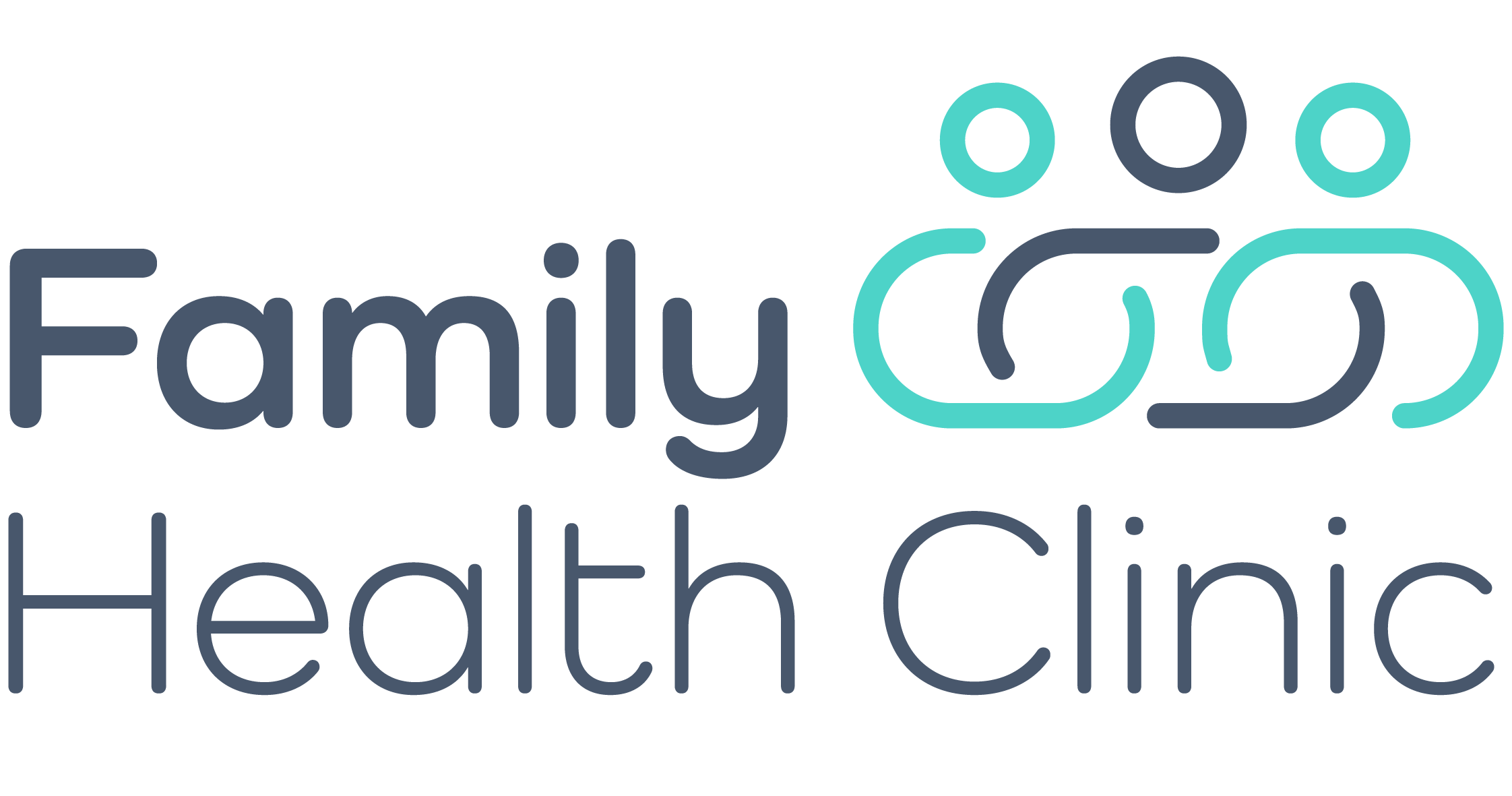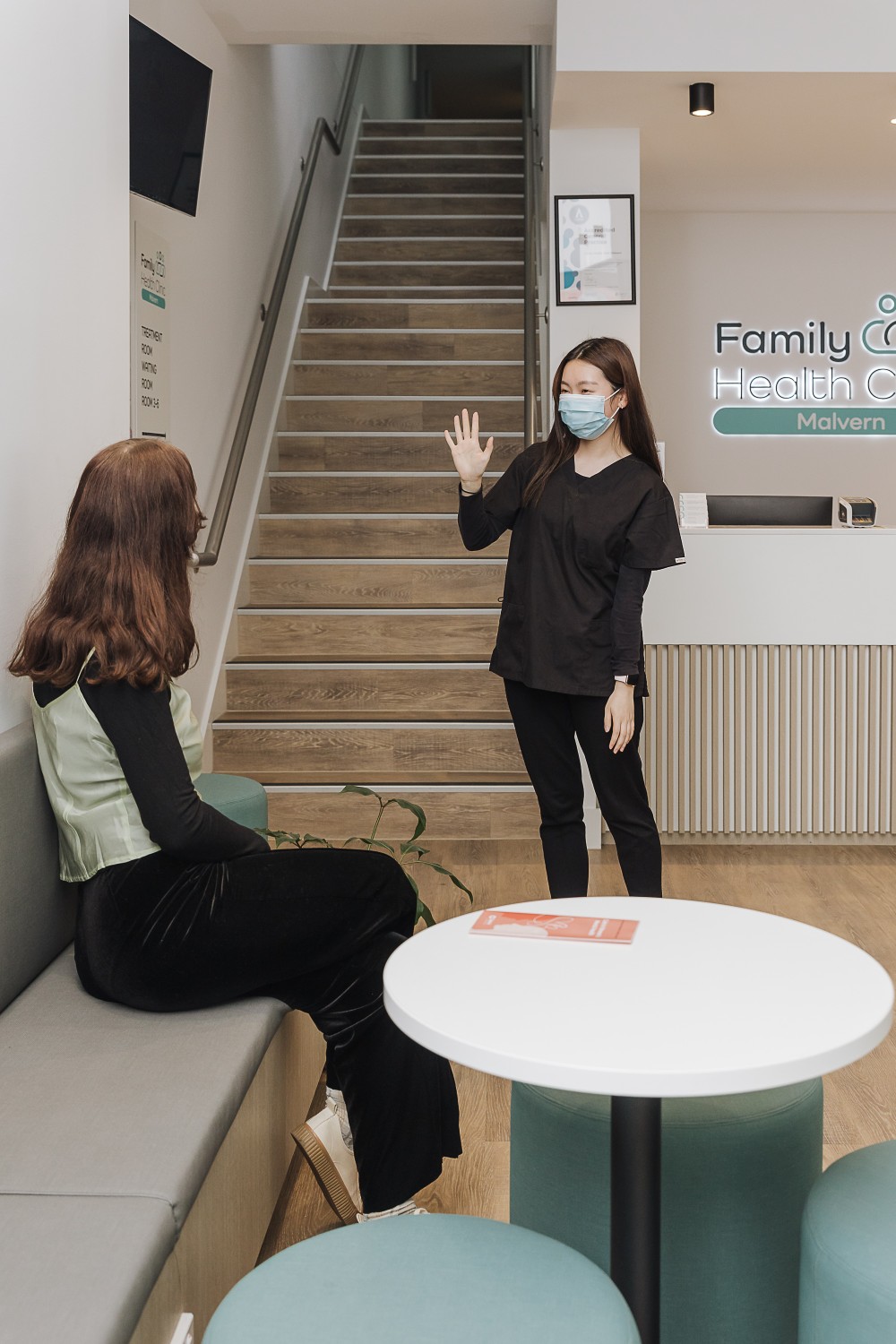What is a breast screen?
A breast screen is a picture of the breast (also called a mammogram). Breast screens can find cancers that are too small to see or feel. The earlier breast cancer is found, the better the chance of a positive outcome. As a part of the national screening program for breast cancer, BreastScreen Victoria invites women aged 50-74 to have a breast screen every two years.
Why is breast screening important?
Breast cancer is the second largest cause of cancer death in Australian women after lung cancer. It is the most common cancer diagnosed in Australian women (apart from non-melanoma skin cancer1). Early detection and appropriate treatment can significantly improve breast cancer survival.
Benefits and risks
Mammography is the recommended screening tool for the early detection of breast cancer. Each time you have a mammogram, your breasts are exposed to a very small amount of radiation. Mammography machines use the smallest amount of radiation possible while still getting a high-quality image.
What if I have breast implants?
Yes. Most people who have breast implants can have regular breast screens every two years. Before making an appointment, you may wish to discuss with your doctor whether breast screening is suitable for you. Implants make it harder to see breast tissue on standard mammograms. Additional images will be needed to show as much breast tissue as possible. You will need a slightly longer appointment. For more information, see our fact sheet Breast screening with implants
When will I get my results?
The mammogram will be independently examined by two or more specially trained health professionals. Your results will be sent to you within 2-4 weeks. Your results will also be sent to your doctor if you provide their details.
It’s important to note that we only report on signs of breast cancer and not other changes or lumps that are determined benign or non-cancerous. This includes cysts or changes that have remained the same since your last breast screen.
When should I see my GP?
Finding a change in your breast can be frightening. But it’s important to remember that the majority of breast changes reported to GPs aren’t serious. That said, it’s important that any areas of concern aren’t dismissed and you visit your doctor for advice, reassurance or further testing. Breast cancer testing may consist of a mammogram, ultrasound, biopsy, or genetic testing.
Book your appointment.
Book your appointment online on MyBreastScreen or by calling 13 20 50.
You will be asked some questions when you book. Answering these questions ensures we book the right type of appointment and save you time on the day. There are some questions about your family history of breast and ovarian cancer, so talk to your family before you book



